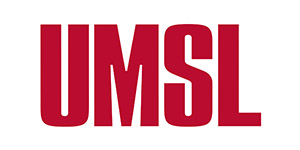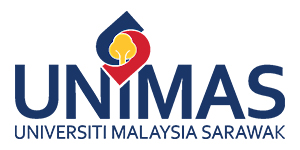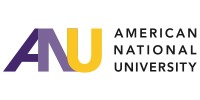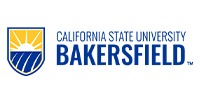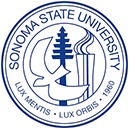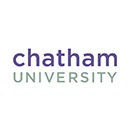Programme Type: Postgraduate
Course Overview
Accredited by the Royal Society of Chemistry, the applied nature of this Chemistry degree will prepare you to enter jobs in areas such as environmental monitoring and quality assurance, and in industries from food manufacture to textiles, materials processing, and medicinal products testing.
To enhance your skills and career potential, there is plenty of hands-on practical experience as part of your studies. The MSci Chemistry course focuses on current research and development areas within the chemical industry including catalysis, modern materials, and their applications, molecular modelling, advanced organic synthesis, and compound analysis and characterisation.
You will learn from experienced lecturers and researchers how these exciting areas of chemistry and chemical science apply in the real world by providing new materials and medicines. You will have the option to study for a PRINCE2 Foundation qualification in project management, which is valued by employers of chemical scientists, where you will conduct a major laboratory research project in a current area of science.
What you will study?
Years one to three of this course follow the same programme of study as our BSc (Hons) Chemistry degree. You will study various modules and gain practical laboratory-based work in our state-of-the-art laboratories.
In years three and four, the MSci Chemistry course specialises in more advanced subject areas. You will study new areas including the concept of ‘chemical activity’ and its relationship with molecular structure, mechanisms in organic synthesis and their involvement in biosynthesis, natural product chemistry and medicinal products.
In year four you will study for a PRINCE2 foundation qualification (additional costs apply). This is an internationally recognised project management qualification, which is a great addition to your CV. You will also undertake a major laboratory-based research project from a broad range of available research subjects, and have the opportunity to work with senior academics in their fields.
Teaching
In years one to three of the MSci Chemistry degree, modules will run simultaneously and will be taught via a mix of lectures, tutorials, workshops and laboratory-based practical classes.
In year four, you will study certain modules in short blocks where intense learning is required, whereas other modules are studied throughout the academic year. Self-directed study plays a part in all modules and is supported by the University’s virtual learning environment.
In year four, modules are taught through the block-mode approach, meaning study is more intensive and is focused upon one module at one time. The research project is usually taken over the spring term in year four.
Entry Requirement
Academic Requirements:
Entry criteria detail typical offers but USW considers all applications on an individual basis which means that we could make offers based on qualifications, personal profile and experience. Combinations of qualifications are acceptable and other qualifications not listed may also be acceptable.
Typical A-Level Offer
BBC to include B grade in Chemistry and normally one other Science but to exclude General Studies
Typical Welsh BACC Offer
Grade C and BB at A Level to include Chemistry and normally one other Science but to exclude General Studies
Typical BTEC Offer
BTEC Extended Diploma Distinction Merit Merit in a relevant subject which must include Chemistry modules
Typical IB Offer
Pass the International Baccalaureate Diploma with a minimum score of 30 overall including a score of 5 in Chemistry and one other Science subject at Higher Level. You will also need to obtain a score of 5 or above in English at the standard level.
Typical Access to HE Offer
Access to Higher Education Diploma in Science with 60 credits overall to include 45 levels 3 credits equating to 18 Distinctions, 24 Merits and 3 Passes to include Chemistry modules
Additional Requirements:
GCSEs: The University normally requires a minimum of 5 GCSEs including Mathematics and English at Grade C or above or their equivalent but consideration is given to individual circumstances.
English Requirements:
In general, international applicants will need to have achieved an overall IELTS grade of 6.0 with a minimum score of 5.5 in each component.
However, if you have previously studied through the medium of English IELTS might not be required.
Fees
This information was accurate on : 27/04/2021
Please contact us for more information about this courses


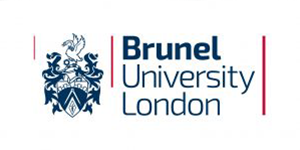
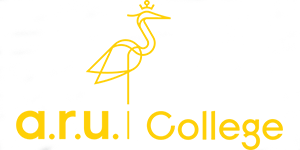


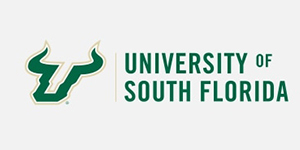
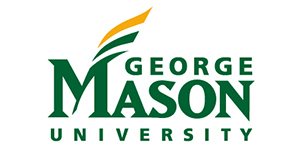
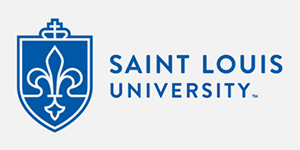
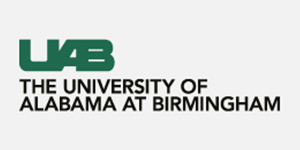
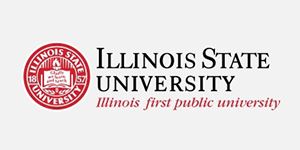
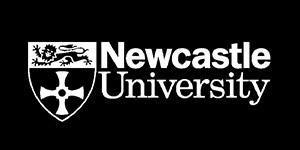
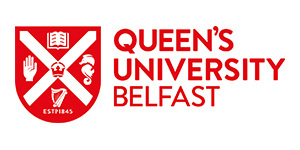



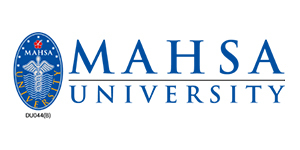


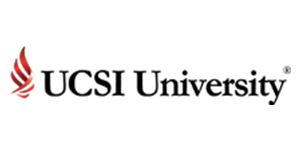
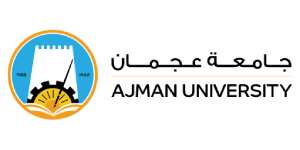
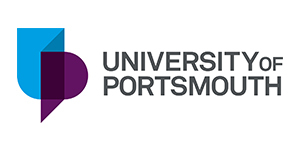
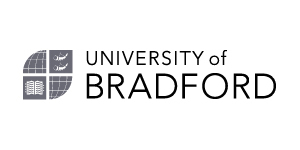
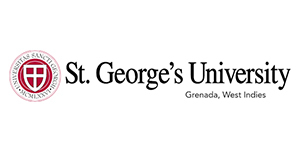




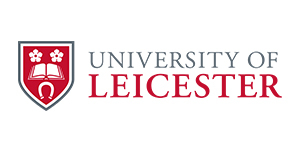
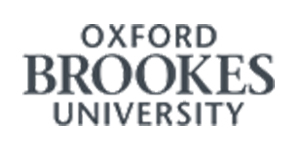
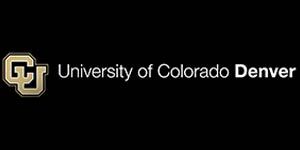





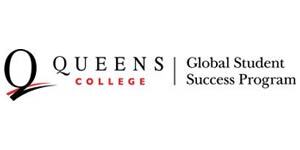
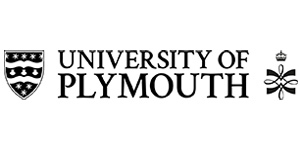
.jpg)
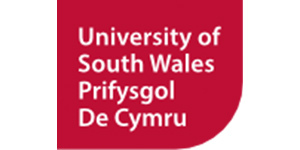
.jpg)

